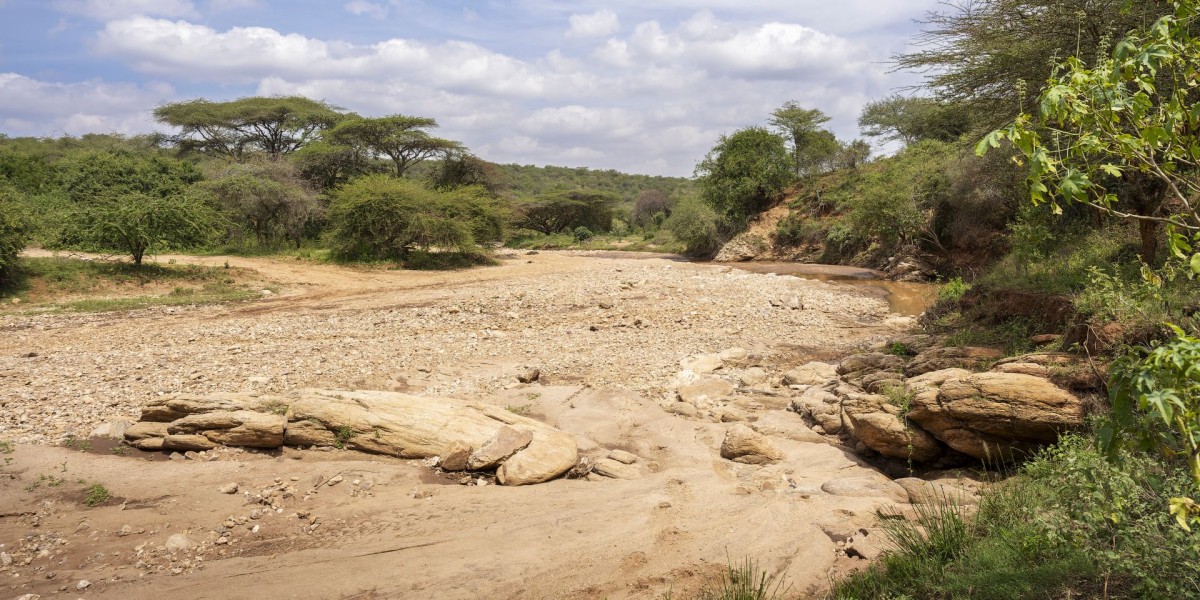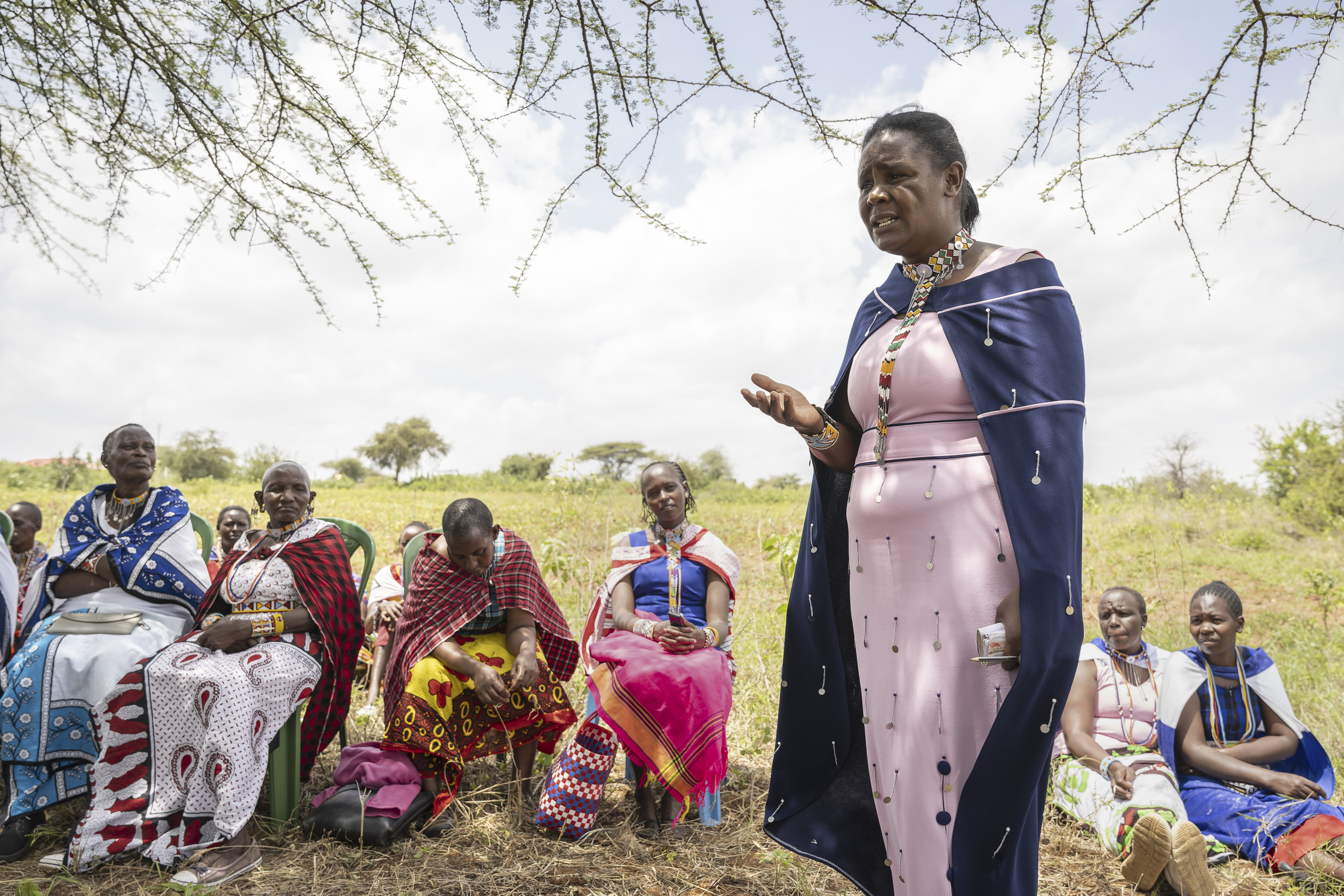Vulnerable to sextortion: the story of women and girls in Kajiado County, Kenya
Sex for water has become normalized in my community, says Neelai*, a Maasai woman from Kenya. 'It's terrible what women go through here.’ She and other women have formed a group to work on solutions.
Neelai is a widow raising four children on her own. 'I am father and mother to them.' There is no water in her community, so she has to go out every day to fetch water. 'I usually get up very early because it is safer and so I can get back in time to earn some money to feed my children.'

Help at a cost
One of the dangers on the road are wild animals. 'Not long ago a woman at the water point was attacked by elephants. Now everyone is scared and tense. If you are on your own and you ask for help from a man, he expects something in return', Neelai says. 'And if you don't have money, they ask for sex. And you also don't know if such a person might be sick. You might get infected, and all because we don't have access to water.'
No food without water
If you are lucky enough to have a little money, you can pay someone with a motorcycle to fetch the water, Neelai says. 'We used to have donkeys to carry the water but almost everyone lost them.' But without water there is no food for my children either, she says. 'If you have pack of flour but you don't have water to prepare it, you don't eat that day.'
Struggle for justice
The fear of women and girls has been heightened because a rapist is active, waiting for women and girls who were fetching water. One of the victims is 15-year-old Esiankiki*, who was threatened with a knife at the river and raped while on her way home after fetching water. She urges other young girls not to be afraid to speak out if something similar happens to them: “Be strong and brave, get medicine and report it. Esiankiki fights for justice and hopes more will be done by the government and community to protect women and girls.

Water scarcity biggest problem
Kakoe Malepo is one of the leaders of the Osiligi women's group and deeply affected by what the women in her Maasai community have to go through. 'The water scarcity is the biggest problem. Women and girls in our community are responsible for water, and they sometimes walk up to 10 kilometers to get to a water source. That takes up a large part of their day, leaving them no time to work or go to school.'
Young girls and widows
Young girls, women with disabilities and widows are especially vulnerable to sexual extortion: asking for sex in exchange for access to water, Kakoe says. 'That's why we are now working as a women's group with help from NIA (Simavi’s partner in Kajiado County) to provide better water facilities for all, for example with rainwater storage tanks. That makes a big difference in the lives of women and their families.
* At the request of the interviewees, we do not use their real names
Join us and sign the petition to stop sex for water
Being extorted to have sex in exchange for drinking water. It happens, and it's unacceptable!
Due to increasing water scarcity and a lack of water supplies, women are pressured to have sex in exchange for water. Sign our petition now and join us in our fight to end sextortion.


